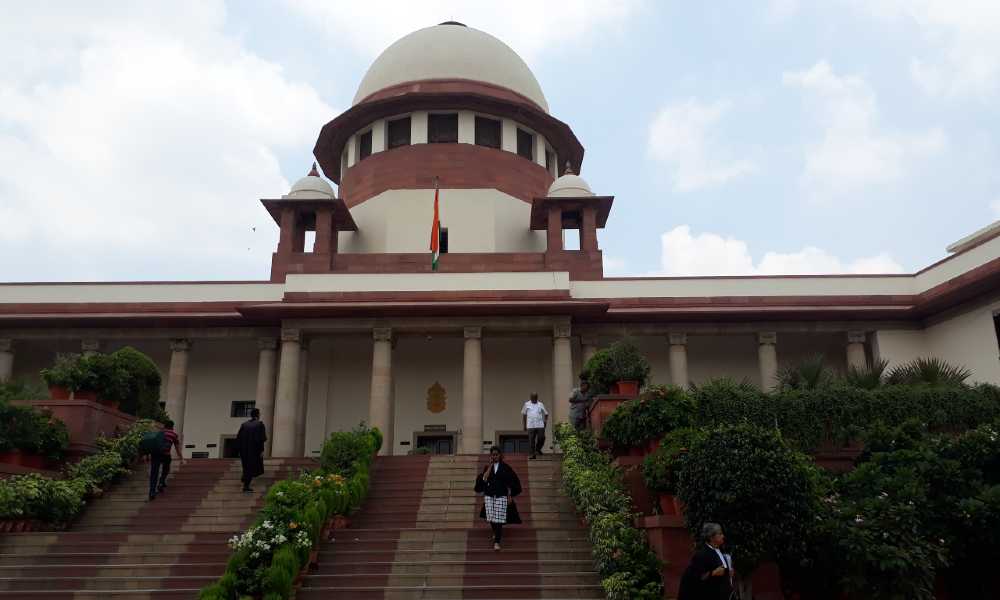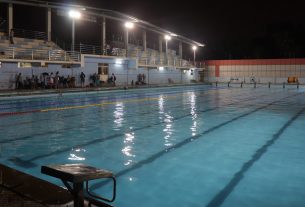The apex court has instructed the Centre to conduct elections in Jammu and Kashmir as soon as possible.
In a long-awaited judgment, the Supreme Court today, upheld the abrogation of article 370 of the Indian Constitution. The article was struck down by the central government on August 6, 2019 when the parliament passed the Jammu and Kashmir Reorganisation Act, 2019.Under the Act the state of Jammu and Kashmir was split into two union territories—Jammu and Kashmir, and Ladakh.
A five-judge constitution bench comprising Chief Justice of India DY Chandrachud, Justices Sanjay Kishan Kaul, Sanjiv Khanna, BR Gavai, and Surya Kant passed the judgment today. The Supreme Court admitted the case in 2019 to check the constitutionality of the presidential order.
The judgment is being celebrated by the ruling party with several leaders reacting to the judgment.
Tejasvi Surya, BJP MP from Bangalore South, took to X (formerly Twitter) saying, “Dr. Shyama Prasad Mukherjee will be smiling and blessing from the heavens.”
Reactions are coming in from leaders of Jammu and Kashmir-based political parties.
Dr. Omar Abdullah, former Chief Minister of the erstwhile state of Jammu and Kashmir posted on X saying, “Disappointed but not disheartened. The struggle will continue. It took the BJP decades to reach here. We are also prepared for the long haul.”
The apex court has also directed the center to ensure that elections in Jammu and Kashmir are held by September 2024.The five judge bench also directed the central government to restore the statehood of Jammu and Kashmir, at the earliest. However, Ladakh is to remain a Union Territory.
Union Home Minister, Amit Shah, in a post on X said, “I welcome the Honorable Supreme Court of India’s verdict upholding the decision to abolish article 370.”
The petitioners
The government’s decision of abrogation of the article 370 was challenged in the Supreme Court by many petitioners including National Conference vice president Muzaffar Shah and Member of Parliament, Mohammad Akbar Lone.
The counsels
The petitioners were represented by Kapil Sibal, senior Supreme Court advocate.
Mr. Sibal took to X (formerly Twitter) and said “Some battles are fought to be lost for history must record the uncomfortable facts for generations to know.”
The Central government was represented by the Attorney General R Venkataraman and SolicitorGeneral Tushar Mehta.
Article 370
- The article allowed the state of Jammu and Kashmir to have a separate flag and anthem.
- It allowed the citizens of the state to have a dual citizenship.
- Under the act, the central laws passed by the Parliament did not automatically apply to the state and it was the right of the state legislature to approve them by passing a parallel act.




